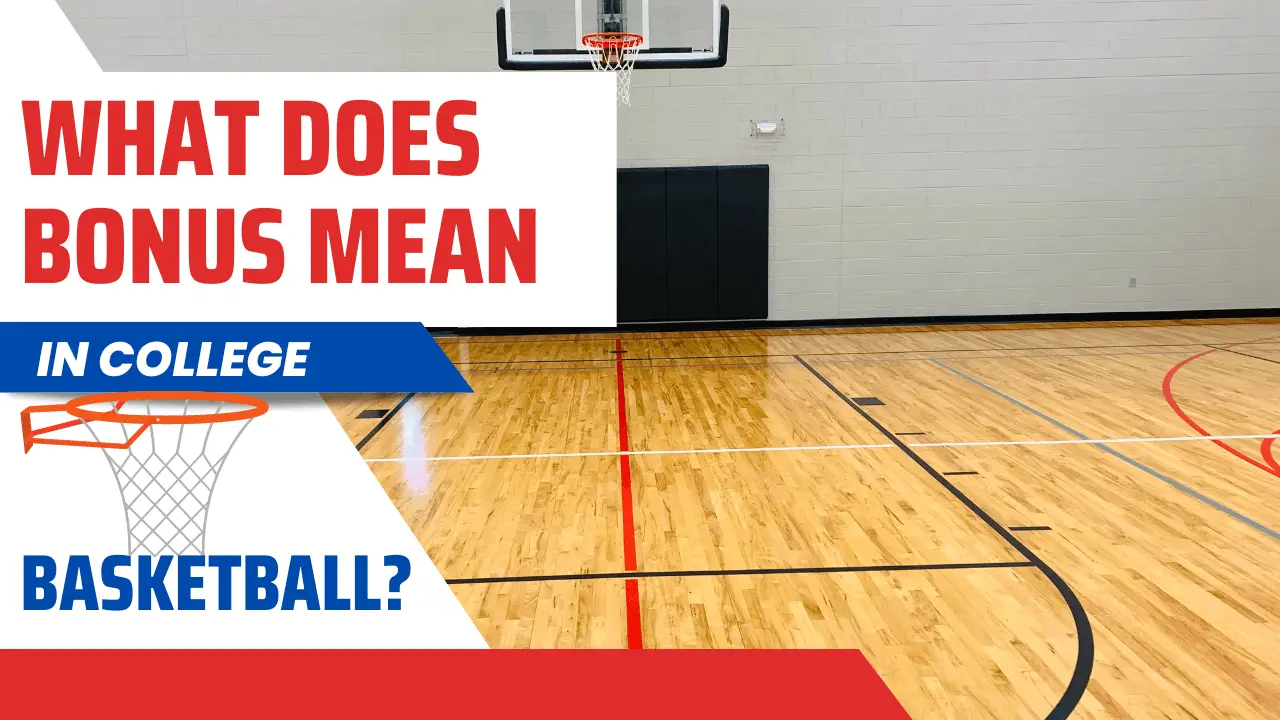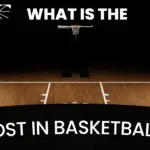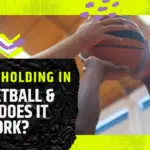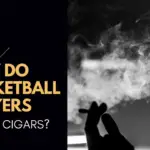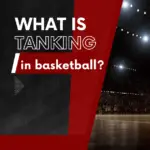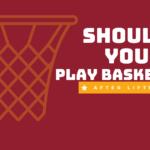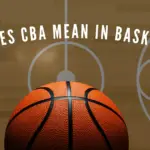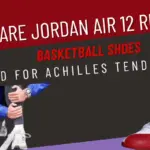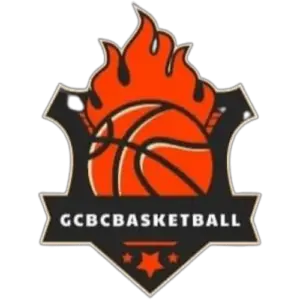In college basketball, the bonus is the number of free throws a team is entitled to attempt after being fouled a certain number of times in half. The rule is in place to prevent teams from being able to Hack-a-Shaq, or intentionally foul poor free throw shooters to gain an advantage.
The bonus comes into play when a team has been fouled more times than the opposing team has attempted free throws. For example, if Team A has attempted ten free throws and Team B has only attempted 5, then Team B would be in the bonus. This would mean that any foul committed by Team A on Team B would result in 2 free throws for Team B.
The bonus can have a big impact on the outcome of close games. It often leads to teams fouling more frequently late in games, leading to some exciting finishes.
How Do the Basketball Bonus Rules Work?
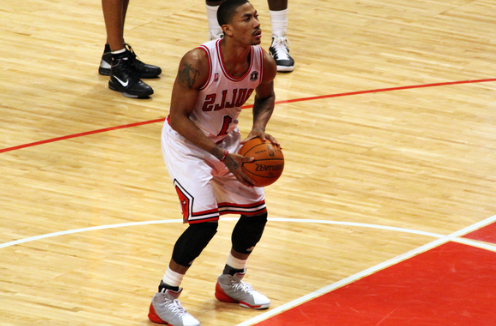
Once a team is in the bonus, they remain in the bonus for the rest of the half. The number of fouls required to put a team in the bonus varies by conference and can change yearly. In most conferences, it is seven fouls in a half. That means if Team A has more than six fouls in the first half, Team B will shoot free throws on any subsequent fouls committed by Team A until halftime.
Ways To Be Strategic If You Are On Defensive During The Bonus:
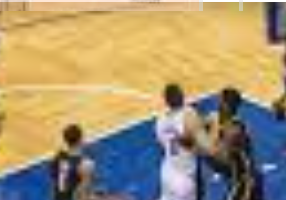
If you are on the defensive during the bonus, you can do a few things to be strategic.
- Make sure you know the rules of the bonus. In college basketball, the bonus means that each team is allowed two free throws for every foul after the seventh foul of each half.
- Knowing the rules will help you take advantage of them. For example, if you know your opponent is in the bonus and you commit a foul, that’s two free points for them.
- Another way to be strategic is to keep track of how many fouls each player has committed. If a player has four fouls, they are one away from fouling out of the game. This means they will be more cautious and less likely to commit a foul.
Ways To Be Strategic If You Are On The Offensive During The Bonus:
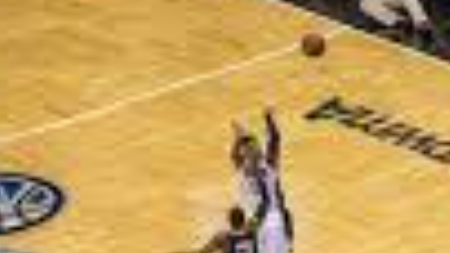
If you are on offense during the bonus, you can do a few things to be strategic and make the most of the situation.
- Take advantage of the fact that the other team is in foul trouble. If they have players with four fouls, they will be less likely to want to commit another one. This means you can be more aggressive on offense without worrying about fouling out.
- Use the bonus to your advantage by shooting more free throws. Free throws are an easy way to score points, so take advantage of the fact that you can shoot them without worrying about fouling out.
- Finally, use the extra time on the clock wisely.
Do Offensive Fouls Count Against The Bonus?
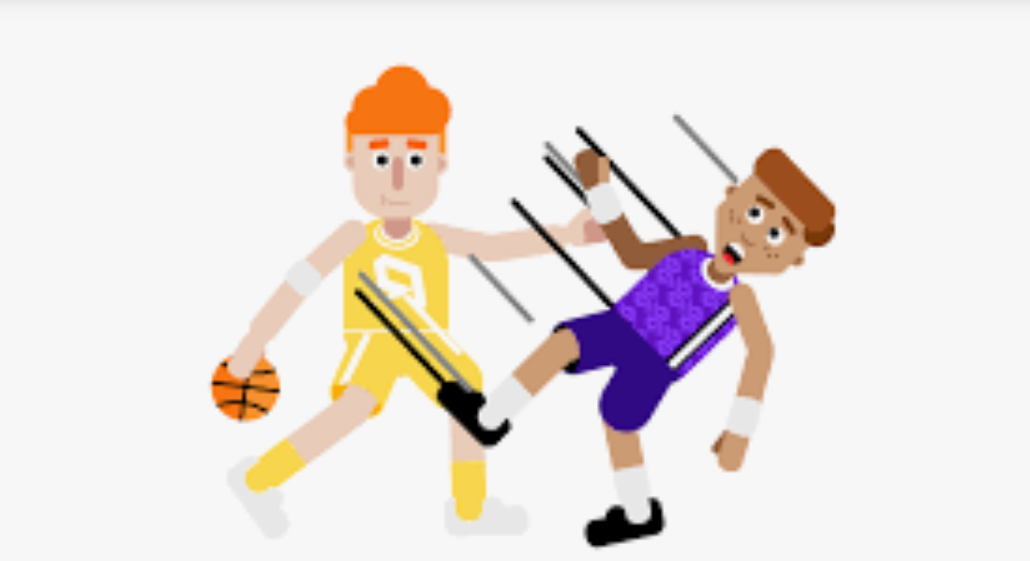
The answer is no – offensive fouls do not count toward the bonus. This is because, unlike regular fouls, offensive fouls do not give the opposing team possession of the ball. Therefore, they cannot be used to ‘pad‘ the number of fouls committed and thus help a team get into the bonus.
How Long Does A Bonus Point Last In The NBA Game?
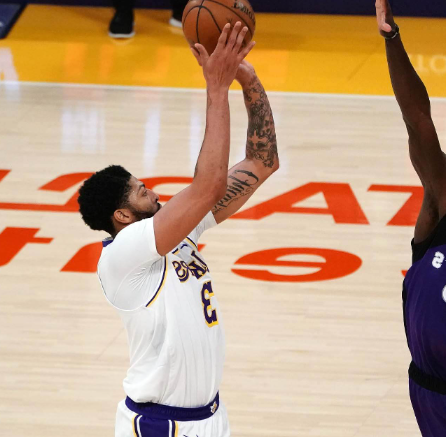
Essentially, the bonus last until the end of the quarter. Once one team has reached the bonus threshold, they remain in the bonus for the rest of the quarter.
Difference Between NCAA, NBA, And FIBA Bonus Rules:
In the NCAA, the bonus rule applies when a team commits its seventh foul of a half.
In the NBA, the bonus rule applies when a team commits its fifth foul of a half .
And in FIBA (international) play, the bonus rule applies when a team commits its fourth foul of a half .
What Does Double Bonus Mean In College Basketball?
The “double bonus” refers to a situation where the shooting team is awarded two free throws for being fouled while shooting. This differs from the “bonus” situation, where only one free throw is awarded.
The double bonus usually occurs when a player is fouled while attempting a three-point shot. In this case, the player would be awarded three free throws (one for the foul and two for the bonus).
Conclusion:
In conclusion, the term “bonus” in college basketball can refer to either the extra points a team gets for making more than seven fouls in half or the additional recruiting exposure a school receives for having a successful team.
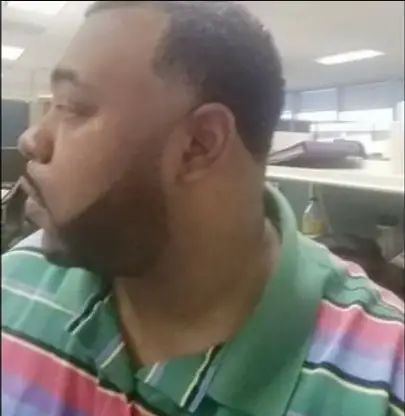
Clyde Jackson III is a basketball coach and the founder of GCBC Basketball, a basketball-related learning and informational website that focuses on helping young players develop their skills on and off the court. With over 15 years of coaching experience, Clyde has worked with players of all ages and skill levels, from beginners to professionals.

